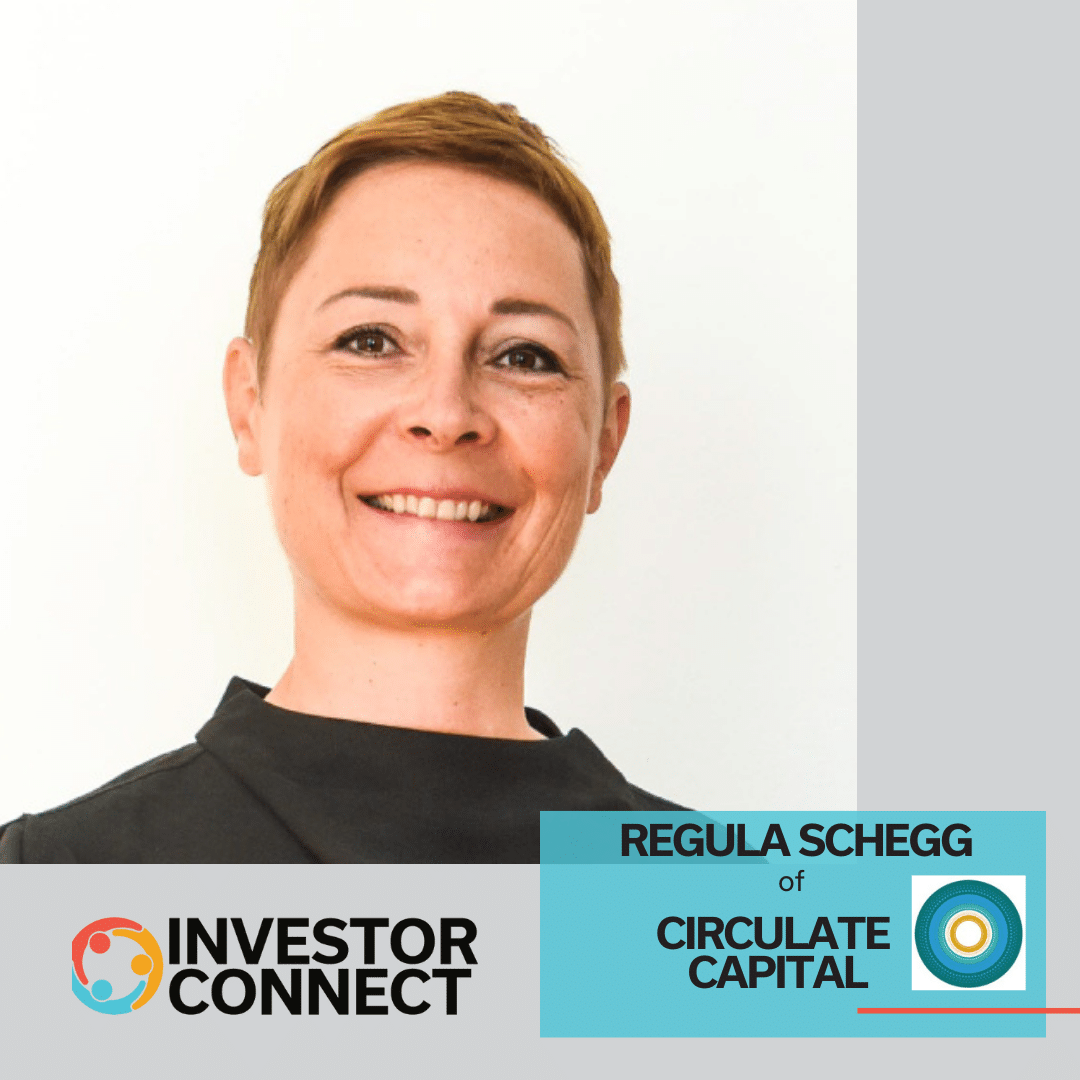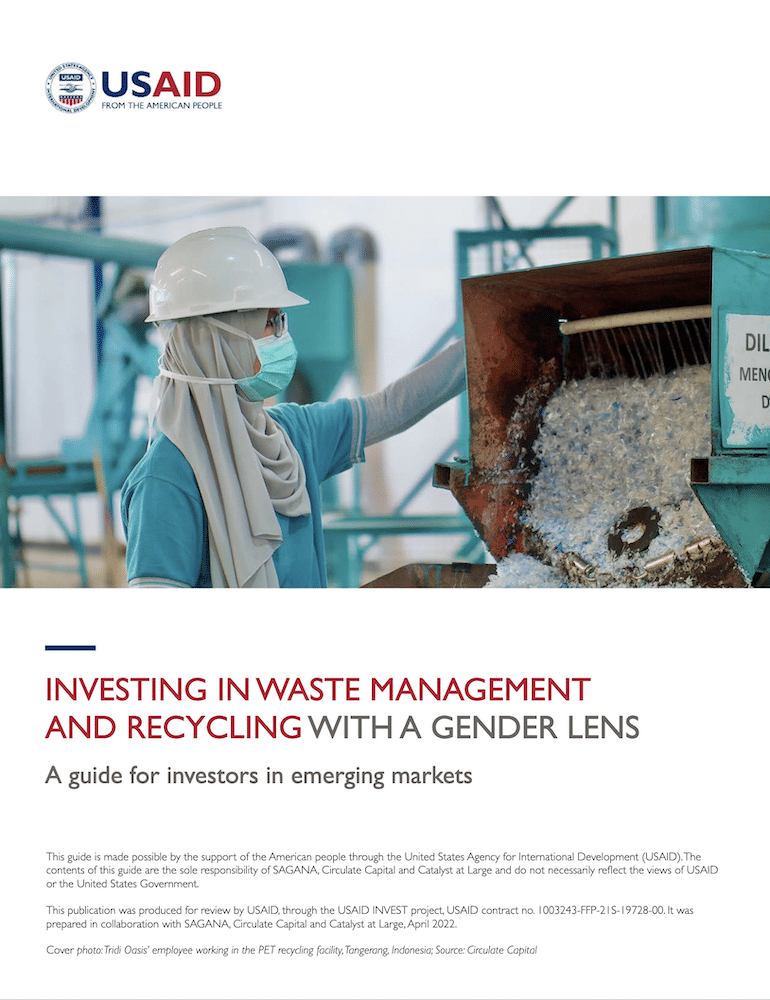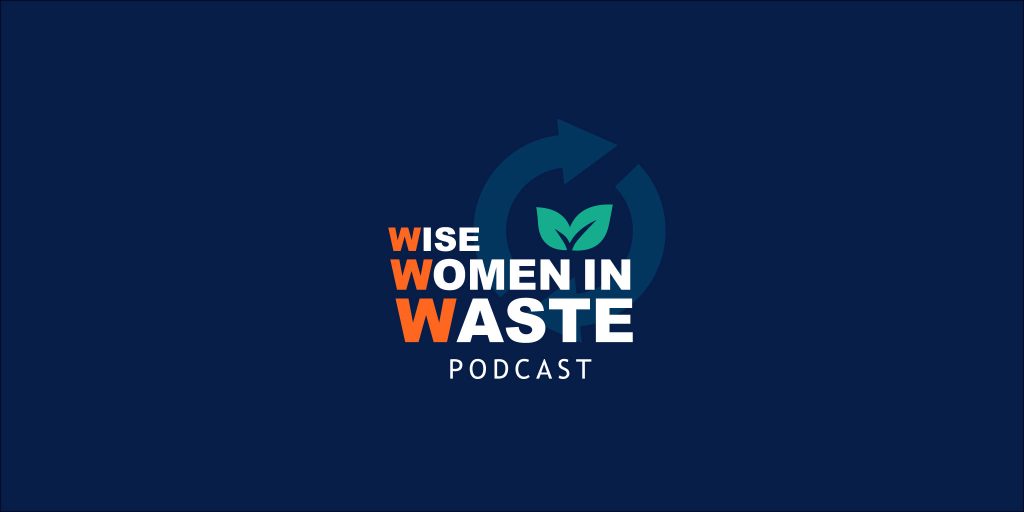The European Investment Bank Commits up to $20 million to Circulate Capital Ocean Fund I-B
April 26, 2022
Singapore, April 26, 2022 – Circulate Capital, the Singapore-based investment management firm financing high-growth opportunities at the nexus of climate-tech and plastics, recycling and the circular economy, announced today that the European Investment Bank (EIB) has committed up to $20 million to the Circulate Capital Ocean Fund I-B (CCOF I-B), which invests both into disruptive innovations aligned with Circulate Capital Disrupt (CCD), the firm’s climate-tech strategy, and into the South and Southeast Asia recycling value chain, alongside the firm’s $112m Circulate Capital Ocean Fund (CCOF I). CCOF I-B is targeting a total raise of USD$80 million and is therefore in consideration with other investors, as recently disclosed by the International Finance Corporation (IFC).
European Investment Bank’s Vice-President Ricardo Mourinho Félix, said: “Preserving the health of our oceans is key to tackle the climate challenges and preserve our economic prosperity. Through the EIB’s Climate Bank Roadmap and Clean and Sustainable Ocean Programme, we are committed to investing in climate action and environmental sustainability around the World. In particular, we want to support projects aiming at reducing pollution, by recycling and re-using plastics, so that we can ensure a better future for all. I am therefore very pleased to back initiatives that make this financially viable, such as the Circulate Capital Ocean Fund I-B.”
The fund’s inaugural investments are innovators that implement solutions in the biotechnologies, sustainable fashion, and smart materials sectors as well as digitization of the recycling value chain to combat plastic waste and climate change. These enterprises include Arzeda, Circ, Phase Change Solutions, and Recykal – they represent some of today’s most cutting-edge innovations that are disrupting a cross-section of supply chains and have proven technologies and ambitions to expand in Asia where there is strong potential for financial, environmental, and social returns.
“In order to advance the circular economy and mitigate the negative effects of plastic pollution on climate change, we need to scale investment dollars into this sector immediately. The European Investment Bank’s commitment to CCOF I-B is a key indicator that the sector is ready for institutional capital,” said Rob Kaplan, CEO and Founder, Circulate Capital. “We are grateful that our investors, including global corporations, family offices, foundations, and now institutions like the EIB who are working together to bring investible solutions that foster and advance climate resilience to market standards.”
In December 2021, Circulate Capital announced the $25m second close of CCOF I-B, which followed on the June 2021 announcement of the CCD strategy and CCOF I-B fund launch. CCOF I-B is backed by international private investors including Builders Vision; Benjamin Duncan Group; Circocean Ltd; DF Impact Capital; Eden Impact; Huang Chen Foundation; Minderoo Foundation; Rumah Group; North-East Family Office and Twynam Investments Ltd.




 Thought Leadership
Thought Leadership 
 Podcasts
Podcasts 
 Press Releases
Press Releases  Videos
Videos  Reports
Reports 
